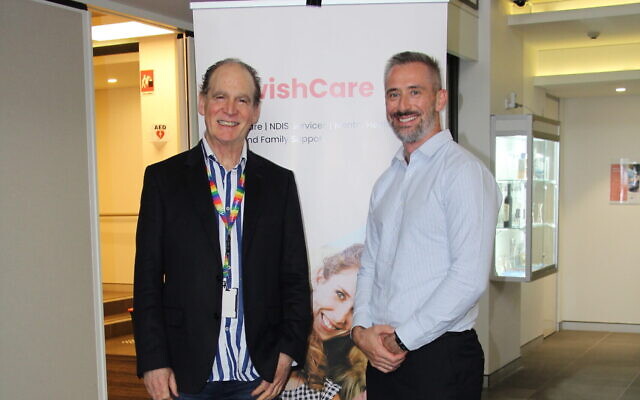Growing demand for financial aid
'There are people who’ve been on the financial edge for a long time and have now tipped over, but there’s also people who have never before experienced financial hardship'
Sharply rising bills, rental accommodation costs, and high inflation and interest rates are causing further financial stress in Sydney’s Jewish community, leading to more people eligible for, and seeking, assistance.
According to figures from JewishCare NSW, its donor-sourced Financial Assistance Fund (FAF) supported more than 100 clients in the last 12 months alone, representing an average assistance package of $2500. The relief provided was in vouchers (46 per cent), payments towards accommodation costs (20 per cent), medical or pharmaceutical expenses (14 per cent) and direct cash payments (13 per cent).
Forty-five per cent of recipients being family and youth services clients, followed by senior citizens (40 per cent).
JewishCare’s community and donor engagement manager, Warren Hurst, told The AJN that during the pandemic there was a big spike in people who needed help in different areas, “and now we’re seeing a particular, sustained increase in cost-of-living stress – and it’s high in numbers and intensity of cases”.
“There are people who’ve been on the financial edge for a long time and have now tipped over, but there’s also people who have never before experienced financial hardship.
“And when you factor in sudden high-cost family circumstances like divorces and ongoing mental health needs, it’s almost like the perfect storm.”
Hurst observed that the most potent financial hit is accommodation-related, such as spiralling rents, “and we are concerned, too, about people who are coming off fixed interest home loan periods”.
“People needing second jobs, families moving to cheaper suburbs and young adults living in their parents’ homes for longer … all of those things are happening more.
“And in aged care, some people can no longer afford to stay where they’re living.”
Access to JewishCare’s FAF support measures are for existing and new clients, and apart from limited circumstances, each applicant must undergo a financial assessment to be eligible.
“We are very fortunate to have a number of funding sources available within the community to help these people, including key major donors.
“We have a part-time financial counsellor available and we can access a dental fund, support through JCA The Choice Foundation and a support fund for families with young children.
“Also, we offer access to a government-funded payment of up to $2000 per year for energy bill relief, and work and development orders, which can allow people to reduce fines by doing unpaid work, or a course.”
Hurst said JewishCare has also liaised with financial institutions on behalf of clients in severe financial hardship, to forgo more than $200,000 worth of bills.
He said there is also ongoing anecdotal evidence of more people turning to charities like Vinnies and the Salvos, to rabbis at suburban synagogues, and to food and meal-based distribution charities like OzHarvest.
According to the latest Australian Bureau of Statistics figures, the Living Cost Index rose between 0.8 per cent to 1.5 per cent in the June 2023 quarter and by between 6.3 per cent to 9.6 per cent over the last 12 months.


comments